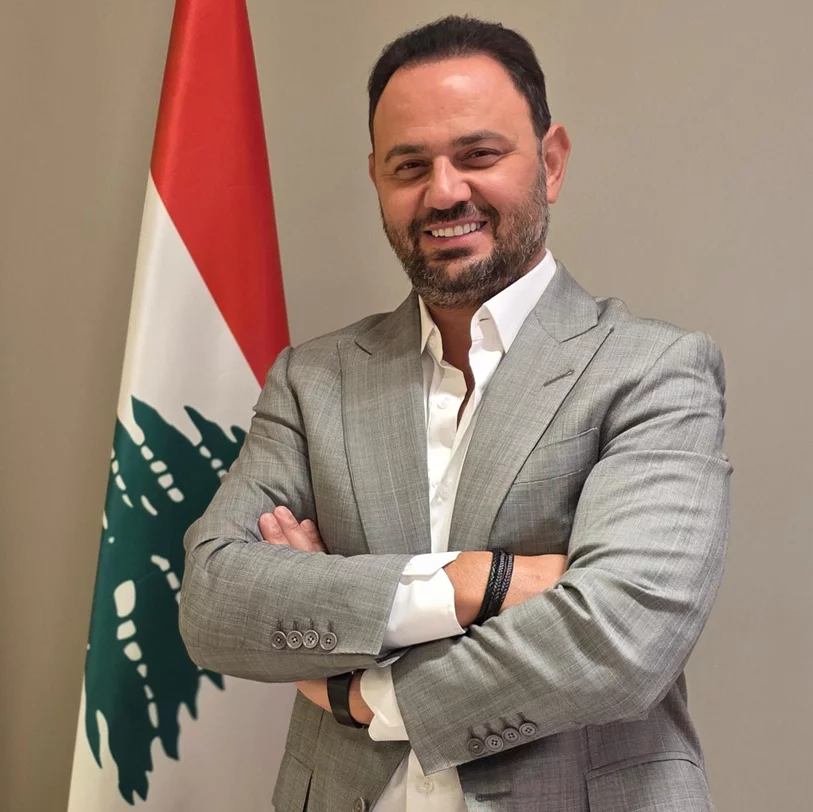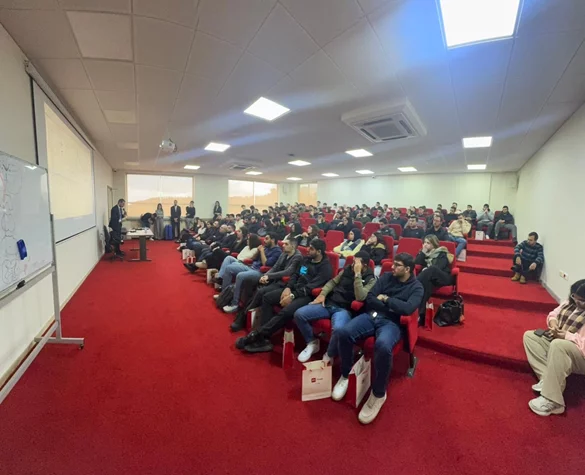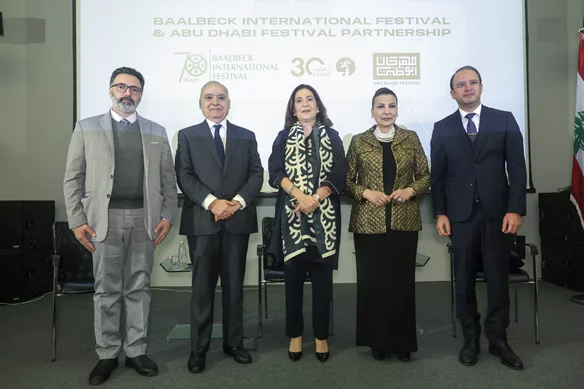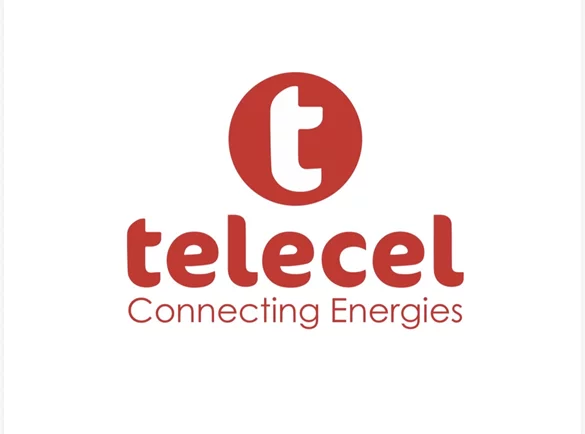Systemic reform is urgently needed, as demonstrated by Lebanon's political and economic crises. Lebanese entrepreneur, activist, and public thinker Hikmat Abou Zeid has long maintained that partisan debate and political scheming alone cannot bring about significant change. Rather, he highlights that the nation's renewal depends on accountability, openness, and institutional reform. Based on decades of firsthand knowledge, professional expertise, and civic involvement, Abou Zeid offers a vision of Lebanon where social and economic advancement is driven by robust institutions rather than political coalitions.
The Limits of Political Solutions:
The system that underpins Lebanon's governance issues is largely shaped by long-standing political elites and sectarian monopolies. According to Abou Zeid, traditional politics frequently put retaining power ahead of serving the public, which leads to corruption and inefficiencies that impact every industry, including infrastructure, finance, and public administration.
He notes that merely depending on political negotiations or electoral procedures has not been able to resolve structural issues on a number of occasions. Without accountability systems, political solutions may only produce band-aid fixes rather than long-term change. According to Abou Zeid, the Lebanese people should have a system of governance that puts competence, fairness, and long-term planning ahead of immediate political interests.
Institutional Decentralization as a Path to Reform:
The idea of institutional decentralization is essential to Abou Zeid's vision. Lebanon can lessen the concentration of power and enable communities to manage resources in accordance with their unique needs by shifting decision-making authority from centralized sectarian authorities to local administrations.
This strategy guarantees that public services are more responsive to citizens, fosters civic engagement, and increases efficiency. Abou Zeid emphasizes that decentralization is a workable governance approach that improves accountability, reduces the likelihood of corruption, and promotes regionally equitable economic growth rather than being a political ploy.
Accountability and Transparency:
According to Abou Zeid, the foundation of institutional reform is accountability. Every administrative procedure, department, and public office must follow precise guidelines and have oversight systems in place. Lebanon can guarantee the efficient and moral use of public resources by putting in place strong auditing procedures, performance reviews, and open reporting.
Abou Zeid also highlights the function of independent watchdog groups, the media, and civil society in keeping an eye on institutional performance. Citizens must have the authority to assess and affect government operations, not political middlemen, in order to foster an accountable culture.
The Role of Thoughtful Leadership:
Hikmat Abou Zeid uses his personal business and civic involvement experiences to highlight the value of leadership based on knowledge and moral obligation. He thinks that leaders can bring about revolutionary change if they put the good of society ahead of their own political interests. His own projects, which range from economic diplomacy initiatives to the modernization of the financial sector, serve as an example of action-oriented leadership that prioritizes quantifiable results over political visibility.
A Vision for Lebanon’s Future:
Abou Zeid's viewpoint emphasizes a more general idea: building stronger institutions is the first step toward long-term national reform, not just choosing new leaders. In order to effectively serve the public interest, Lebanon's renewal depends on the establishment of mechanisms that uphold accountability, encourage transparency, and decentralize authority. The groundwork for social justice, economic stability, and inclusive governance would be established by such reforms.
Conclusion:
The goal of Lebanon's institutional renewal is to establish transparent, accountable, and resilient governance structures rather than to swap out one political group for another. Hikmat Abou Zeid supports a practical strategy that centers reform initiatives around institutions, public participation, and moral leadership. Lebanon can lay the groundwork for long-term prosperity, social cohesion, and sustainable development by emphasizing accountability over partisan politics. With an emphasis on the strength and integrity of the institutions that support the country rather than political scheming, Abou Zeid's observations provide a well-considered roadmap for citizens, civil society, and policymakers alike.
Key Words: Hikmat Abou Zeid - Lebanon - institutional reform - accountability - transparency - decentralization - governance - political crises - civic engagement - social justice - economic stability – leadership
Meta Description: Hikmat Abou Zeid emphasizes Lebanon's institutional reform, promoting accountability, transparency, and strong governance for lasting national progress.
















.webp)








